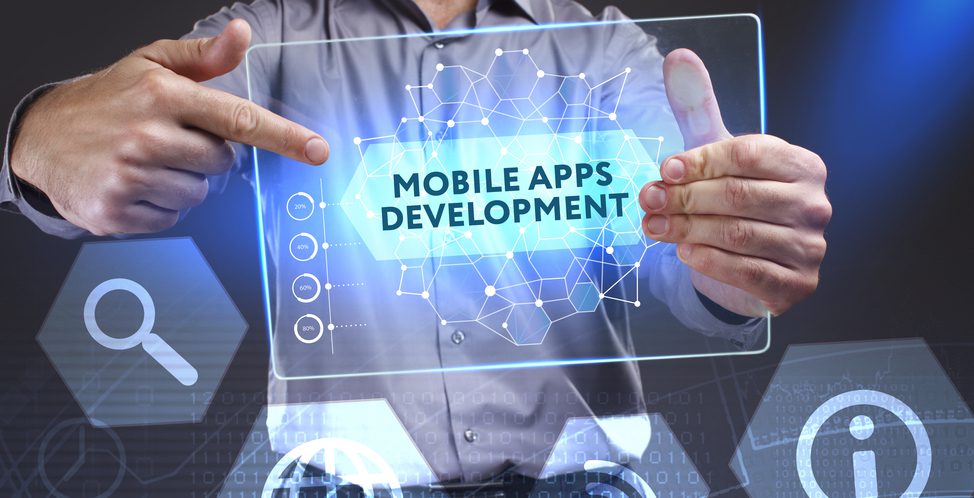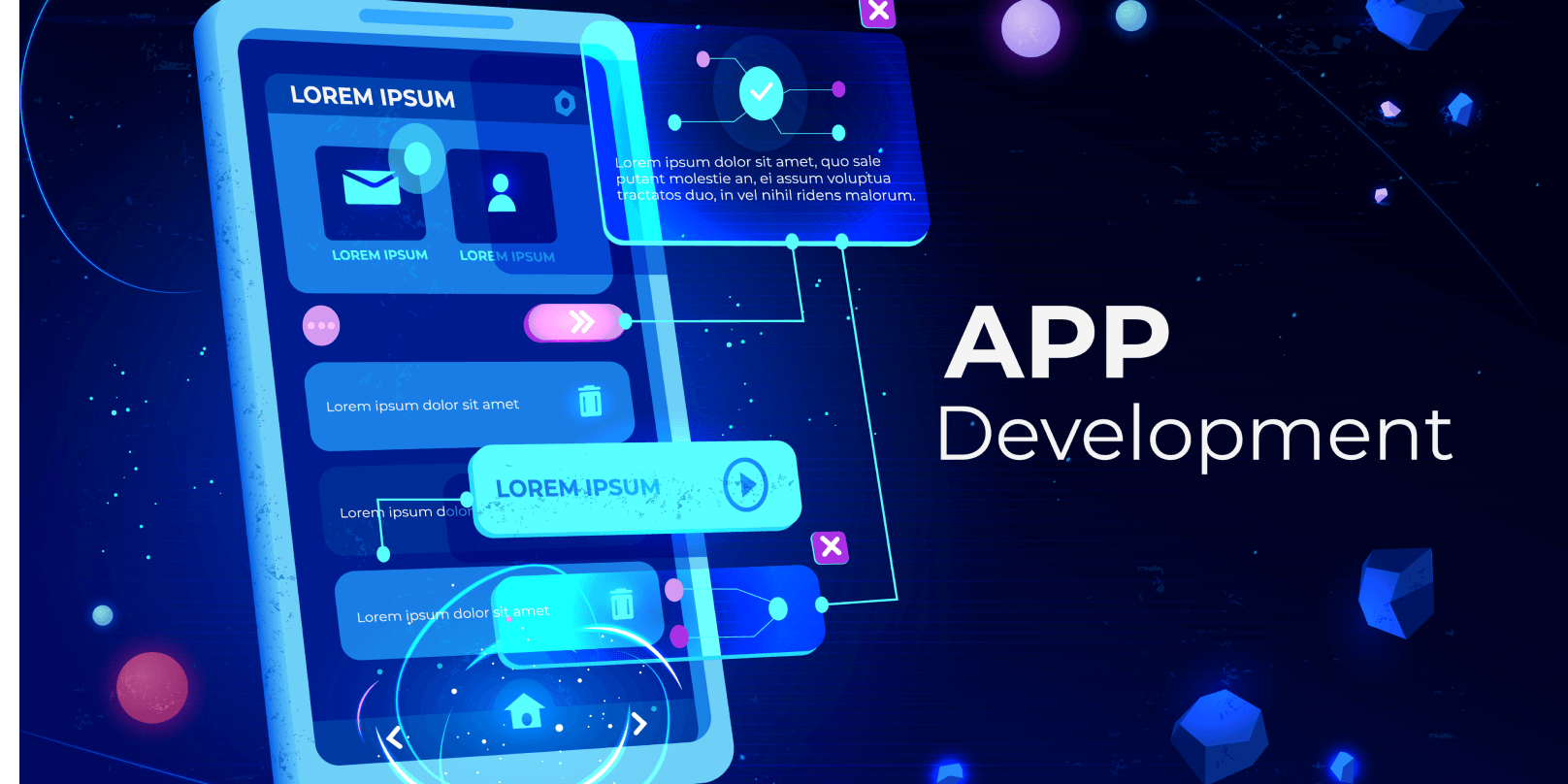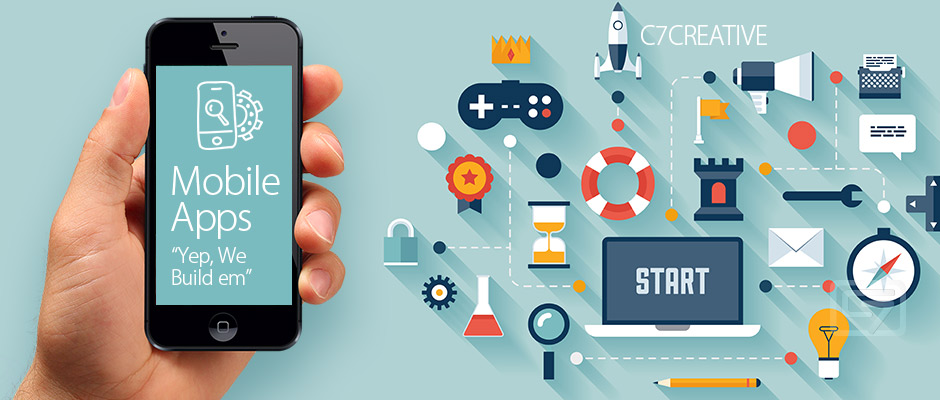Mobile app development is the process of creating software applications designed to run on mobile devices, such as smartphones and tablets. These applications can serve various functions, from providing entertainment and social networking to offering productivity tools and specialized business solutions. Mobile app development involves several stages, including planning, design, development, testing, and deployment.
Key Aspects of Mobile App Development
- Types of Mobile Apps:
- Native Apps: Developed specifically for a particular operating system (iOS or Android) using platform-specific languages and tools. For example, Swift or Objective-C for iOS and Kotlin or Java for Android. Native apps offer high performance and access to device-specific features.
- Hybrid Apps: Built using web technologies (HTML, CSS, JavaScript) and then wrapped in a native container to run on multiple platforms. They are developed using frameworks like Ionic or React Native. Hybrid apps provide a balance between cross-platform compatibility and native performance.
- Progressive Web Apps (PWAs): Web applications that function like native apps but are accessed through a web browser. They offer features like offline access and push notifications while being cross-platform and easier to maintain.
- Development Process:
- Planning: Defining the app’s purpose, target audience, features, and goals. This stage includes market research and feasibility analysis.
- Design: Creating the app’s user interface (UI) and user experience (UX) design. This involves wireframing, prototyping, and designing the app’s layout, navigation, and visual elements.
- Development: Writing the code to implement the app’s functionality. This includes both front-end development (UI elements) and back-end development (server-side logic, databases).
- Testing: Evaluating the app for bugs, performance issues, and usability problems. Testing can be done through unit tests, integration tests, and user acceptance tests.
- Deployment: Releasing the app to app stores like the Apple App Store or Google Play Store. This involves preparing the app for submission, ensuring it meets store guidelines, and managing updates.
- Maintenance and Updates: Ongoing support to fix bugs, add new features, and ensure compatibility with new device models and operating system versions.
- Development Tools and Frameworks:
- Integrated Development Environments (IDEs): Tools like Xcode for iOS and Android Studio for Android provide a comprehensive environment for coding, debugging, and testing.
- Frameworks and Libraries: Enhance development efficiency and functionality. Examples include React Native, Flutter, and Xamarin for cross-platform development, and various libraries for adding specific features like maps or payment systems.
- Considerations in Mobile App Development:
- User Experience (UX): Designing an intuitive and engaging user experience is crucial for app success. This involves user research, usability testing, and ensuring a smooth and responsive interface.
- Performance: Optimizing app performance for speed, responsiveness, and efficiency, including managing memory usage and minimizing battery consumption.
- Security: Implementing measures to protect user data and ensure secure communication. This includes encryption, secure authentication, and data protection practices.
- Compliance: Adhering to regulations and guidelines, such as data privacy laws (e.g., GDPR, CCPA) and app store policies.
- Trends in Mobile App Development:
- Artificial Intelligence (AI) and Machine Learning: Enhancing app functionality with AI features like voice recognition, chatbots, and personalized recommendations.
- Augmented Reality (AR): Integrating AR technologies to create immersive experiences, such as virtual try-ons or interactive games.
- 5G Technology: Leveraging faster network speeds to improve app performance and enable new use cases.
- Internet of Things (IoT): Connecting apps with smart devices and sensors to provide additional functionalities and automation.



